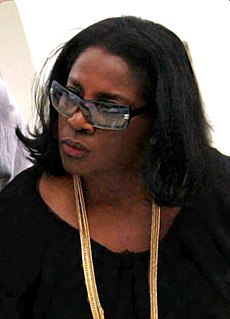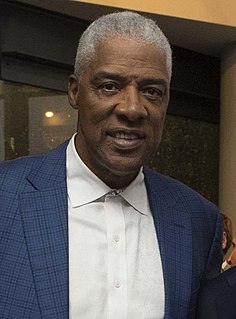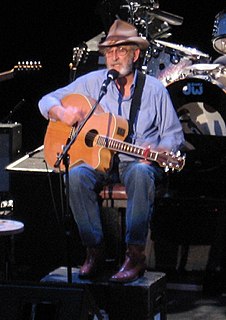A Quote by Joel Salatin
Ecology should be object lessons that the world sees, that explains in a visceral, physical way, the attributes of God.
Related Quotes
The essential difference between that knowledge which is, and that which is not conclusive evidence of Christian character, lies in this: the object of the one is the agreement of the several parts of a theological proposition; the object of the other is moral beauty, the intrinsic loveliness of God and Divine things. The sinner sees and hates; the saint sees and loves.
Early ecologists soon realised that, since humans are organisms, ecology should include the study of the relationship between humans and the rest of the biosphere. ... We don't often tend to think about the social sciences (history, economics and politics) as subcategories of ecology. But since people are organisms, it is apparent that we must first understand the principles of ecology if we are to make sense of the events in the human world.
That world beyond is a world of sanctity and radiance; therefore, it is necessary that in this world he should acquire these divine attributes. In that world there is need of spirituality, faith, assurance, the knowledge and love of God. These he must attain in this world so that after his ascension from the earthly to the heavenly Kingdom he shall find all that is needful in that eternal life ready for him.
You have to seduce the reader, manipulate their mind and heart, listen to the music of language. I sometimes think of prose as music, in terms of its rhythms and dynamics, the way you compress and expand the attention of a reader over a sentence, the way the tempo pushes you towards an image or sensation. We want an intense experience, so that we can forget ourselves when we enter the world of the book. When you are reading, the physical object of the book should disappear from your hands.



































